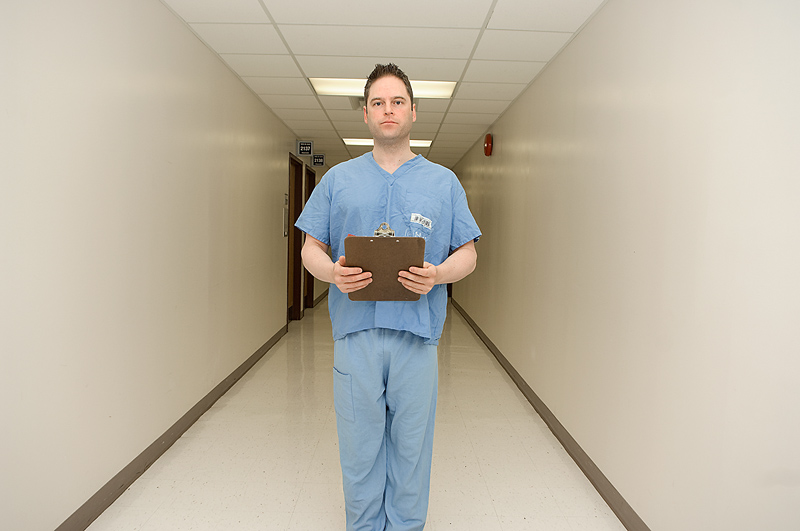
MONDAY, Jan. 12, 2015 (HealthDay News) — For many rectal cancer patients, the prospect of surgery is a worrisome reality, given that the operation can significantly impair both bowel and sexual function.
However, a new study reveals that some cancer patients may fare just as well by forgoing surgery in favor of chemotherapy/radiation and “watchful waiting.”
The finding is based on a review of data from 145 rectal cancer patients, all of whom had been diagnosed with stage I, II or III disease. All had chemotherapy and radiation. But about half had surgery while the others staved off the procedure in favor of rigorous tracking of their disease progression — sometimes called “watchful waiting.”
“We believe that our results will encourage more doctors to consider this ‘watch-and-wait’ approach in patients with clinical complete response as an alternative to immediate rectal surgery, at least for some patients,” senior study author Dr. Philip Paty said in a news release from the American Society of Clinical Oncology (ASCO).
“From my experience, most patients are willing to accept some risk to defer rectal surgery in hope of avoiding major surgery and preserving rectal function,” said Paty, a surgical oncologist at the Memorial Sloan-Kettering Cancer Center in New York City.
The findings are to be presented Monday at the Gastrointestinal Cancers Symposium in San Francisco. ASCO is one of four organizations sponsoring the symposium.
Research presented at medical meetings should be viewed as preliminary until published in a peer-reviewed journal.
The study authors said that the type of patients who would most likely do well without immediate surgery are the up to 50 percent of stage I patients whose tumors typically disappear altogether following initial chemotherapy/radiation treatment. That figure hovers at between 30 percent and 40 percent among stage II and III patients.
The new investigation looked at the experience of rectal cancer patients who were treated between 2006 and 2014 at Memorial Sloan-Kettering.
While all the patients had experienced complete tumor regression following chemotherapy/radiation, only some underwent immediate rectal surgery. The other 73 patients were instead followed with “watchful waiting,” which involved follow-up exams every few months.
Ultimately, nearly three-quarters of the non-surgery group remained cancer-free approximately four years later, while about one quarter had to undergo surgery to treat tumor recurrence.
Overall, the four-year survival rate was 91 percent in the no-surgery group vs. 95 percent in the surgery group.
More information
Visit the American Cancer Society for more on rectal cancer.
Copyright © 2026 HealthDay. All rights reserved.

